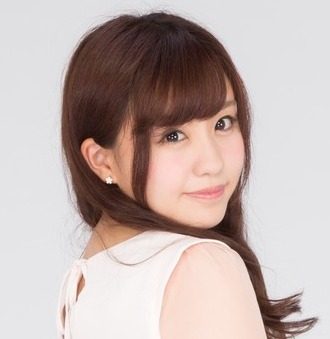The One Thing You’ve Been Missing to “iroiro” and “samazama”?
Did you know the meaning of “色々(iroiro)” and “様々(samazama)”? Both are quite often used for daily conversations. So when figuring out how to use them, you will be able to explain something with these words as one of the Japanese speakers. Let me introduce how you correctly use them today.
色々 (iroiro)/ 様々 (samazama)
Various / Many different / A variety of
“色々(iroiro)” and “様々(samazama)” are quite close meaning each other, however, the big difference of them is that 色々 has been using for casual and common phrase, whereas 様々 has been using for the written language. Japanese learners quite often make a mistake the way to use it would be 様々お世話になりました which is wrong. The correct way to use it is 色々お世話になりました because 色々 basically has the meaning of “many / a lot” and 様々 is “A variety of”. So 色々お世話になる that means you got “many” help from someone. Lastly, native speakers has been using 色々 in ordinal conversations.
\ Learn Japanese language online with a personal native teacher!/
Sample
色々な人と友達になりたいなー。 (I wanna be friends with many different people.) (我想和各种各样的人做朋友。) (여러 사람과 친구가 되고 싶다.) (Tôi muốn kết bạn với nhiều người.) (iroirona hito to tomodachi ni naritai na-.)


高橋さんは色々な知識があるよね? (Takahashi-san has the various knowledge, doesn’t she?) (高桥先生博学多闻,对吧?) (다카하시 씨는 여러 지식이 참 많지?) (Anh Takahashi kiến thức phong phú nhỉ.) (Takahashi san wa iroirona chishiki ga aru yone?)


色々な車をご用意しました。 (We prepared many different cars.) (我们准备了各种各样的汽车。) (여러 가지 차를 준비했습니다.) (Chúng tôi đã chuẩn bị nhiều loại xe khác nhau.) (iroirona kuruma wo go yōi shimashita.)


カナダでは様々な言語が話されてたよ。 (I’ve heard many different languages were spoken in Canada.) (加拿大使用多种语言。) (캐나다에서는 다양한 언어를 사용하더라.) (Nhiều ngôn ngữ khác nhau được nói ở Canada.) (kanada dewa samazamana gengo ga hanasareteta yo.)


この店では、色々な靴が揃ってるね。 (A variety of shoes are available in this shop.) (这家商店有各种各样的鞋子。) (이 가게엔 여러 가지 구두가 있네.) (Có nhiều loại giày khác nhau trong cửa hàng này nhỉ.) (kono misede wa, iroirona kutsu ga sorotteru ne.)


当店のメニューには、流行の服を色々取り揃えております。 (Our menu has a variety of cloths following trends.) (在我们的样册中,我们有各种时髦的衣服。) (저희 가게 메뉴에는 유행하는 옷이 골고루 준비되어 있습니다.) (Trong menu của cửa hàng chúng tôi, có rất nhiều loại quần áo thời thượng.) (tōten no menyū niwa, ryūkō no fuku wo iroiro torisoroete orimasu.)


ここでは、様々な鞄が手に入るよ。 (A variety of bags are available here.) (在这里你可以买到各种各样的包。) (여기서는 다양한 가방을 손에 넣을 수 있어.) (Ở đây chúng tôi có nhiều loại túi lắm.) (kokode wa, samazamana kaban ga tenihairu yo.)


ヨーロッパでは、様々な言語が飛び交っているっぽいね。 (It sounds a variety of languages is spoken in Europe.) (在欧洲,大家都会很多种语言的样子。) (유럽에서는 다양한 언어가 난무한대.) (Ở châu Âu có vẻ có nhiều ngôn ngữ giao thoa nhỉ.) (yōroppa dewa, samazamana gengo ga tobi katteiru ppoi ne.)
\ Learn more! /









Comments